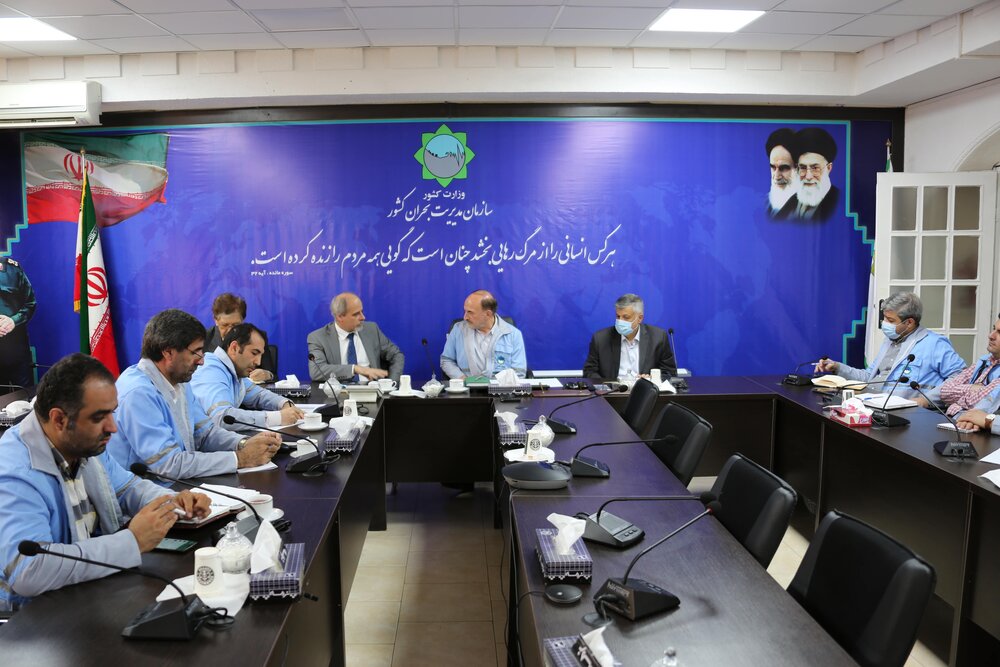Iran has potential to broadly deal with natural disasters: UN coordinator

TEHRAN – Stefan Priesner, the United Nations Resident Coordinator for Iran, has said the country has the potential to broadly deal with natural disasters and the United Nations is willing to document these valuable experiences.
In case of natural disasters, the United Nations is ready to provide services by forming a permanent working group with representatives of the UN, the Ministry of Foreign Affairs, and the National Disaster Management Organization, IRNA quoted Priesner as saying on Wednesday.
The United Nations will use all its power and capacity to assist Iran to deal with natural hazards by increasing operational performance and improving safety in specialized areas. He made the remarks in a meeting with Mohammad-Hassan Nami, the head of the National Disaster Management Organization, suggesting that the two sides should hold meetings every three months for further coordination.
For his part, Nami said all nations have a sense of philanthropism and kindness, but they will face sanctions if they want to provide help. So, this issue should be resolved.
In June, Priesner said the United Nations will use all its power and capacity to assist Iran to deal with natural hazards by increasing operational performance and improving safety in specialized areas.
“Expressing the desirable capacities of Iran in dealing with natural hazards, he said that we will do everything to assist Iran. In this regard, we can increase operational performance and improve safety in the sector to enhance cooperation.”
The Iranian plateau, with its location between two vast expanses of water as well as the intersection of the Eurasian plateau and Saudi Arabia, has always been exposed to numerous natural hazards and disasters.
According to UN surveys this year, the main natural disasters listed for Iran are drought, floods, and earthquakes. Subsidence is also a phenomenon that has emerged as one of the consequences of drought along with the aforementioned three challenges.
Earthquake, as one of the main natural challenges, occasionally becomes uninvited guest of Iranian homes. On the other hand, the existence of important rivers and water reservoirs in the country has also increased flood risk.
Land subsidence, a gradual settling or sudden sinking of the Earth's surface due to subsurface movement of earth materials is mainly caused by aquifer-system compaction, drainage, and decomposition of organic soils, underground mining, oil and gas extraction, hydro compaction, natural compaction, sinkholes, and thawing permafrost. Iran is greatly affected by the phenomena, as 29 provinces of the country are affected.
MG
